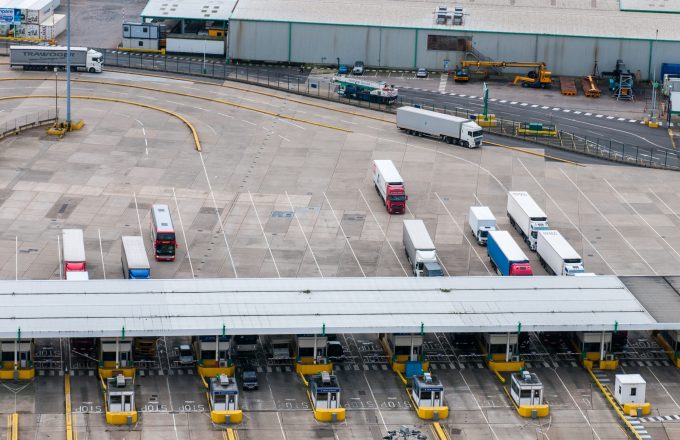UK-EU deal – 'just when I thought I was out, they pull me back in'
It seems that a lot of ink and paper may have been wasted, with the ...

Increasing noise from sources within the supply chain suggests importers are engaging in strategic non-(Customs)declaration to avoid mass congestion across UK’s ro-ro ports.
A forwarder source in Dover told The Loadstar that, while goods were flowing in and out of the country, it was unclear whether ...

Comment on this article